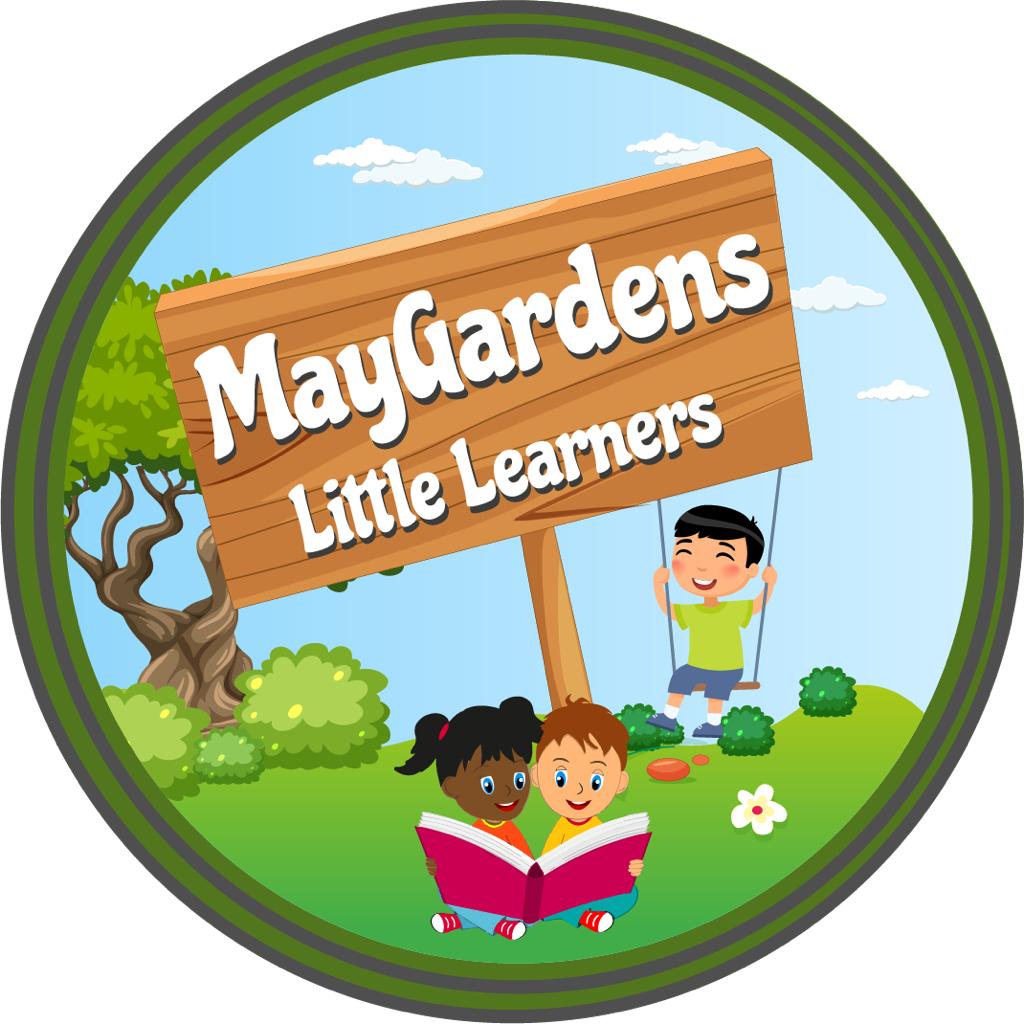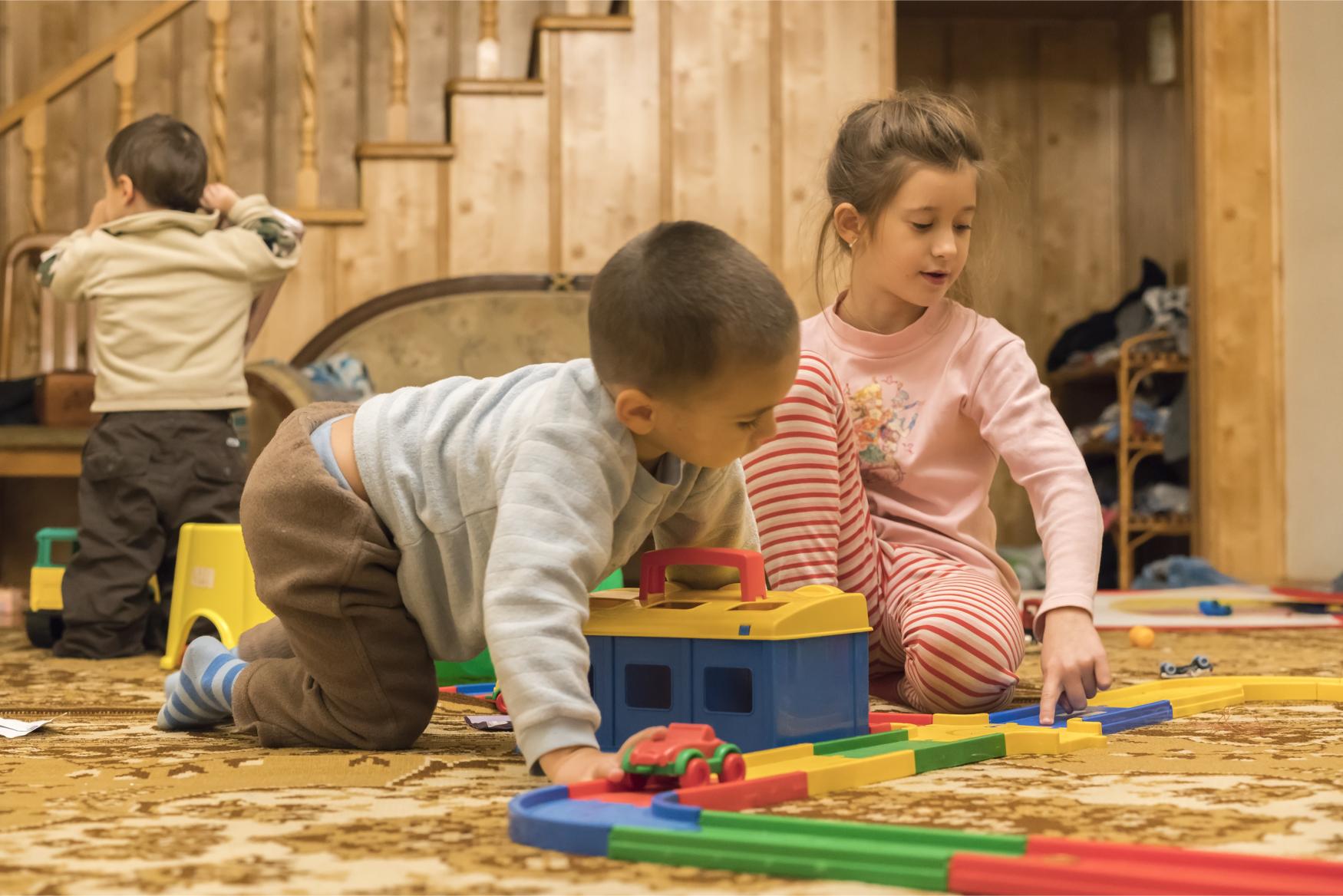
Our Educational Programmes in Northolt
Welcome to Maygardens Little Learners, where we offer a range of carefully crafted programmes designed to support and enhance every child’s early years development. Our nurturing environment, located in Northolt, provides the perfect setting for children to explore, learn, and grow.

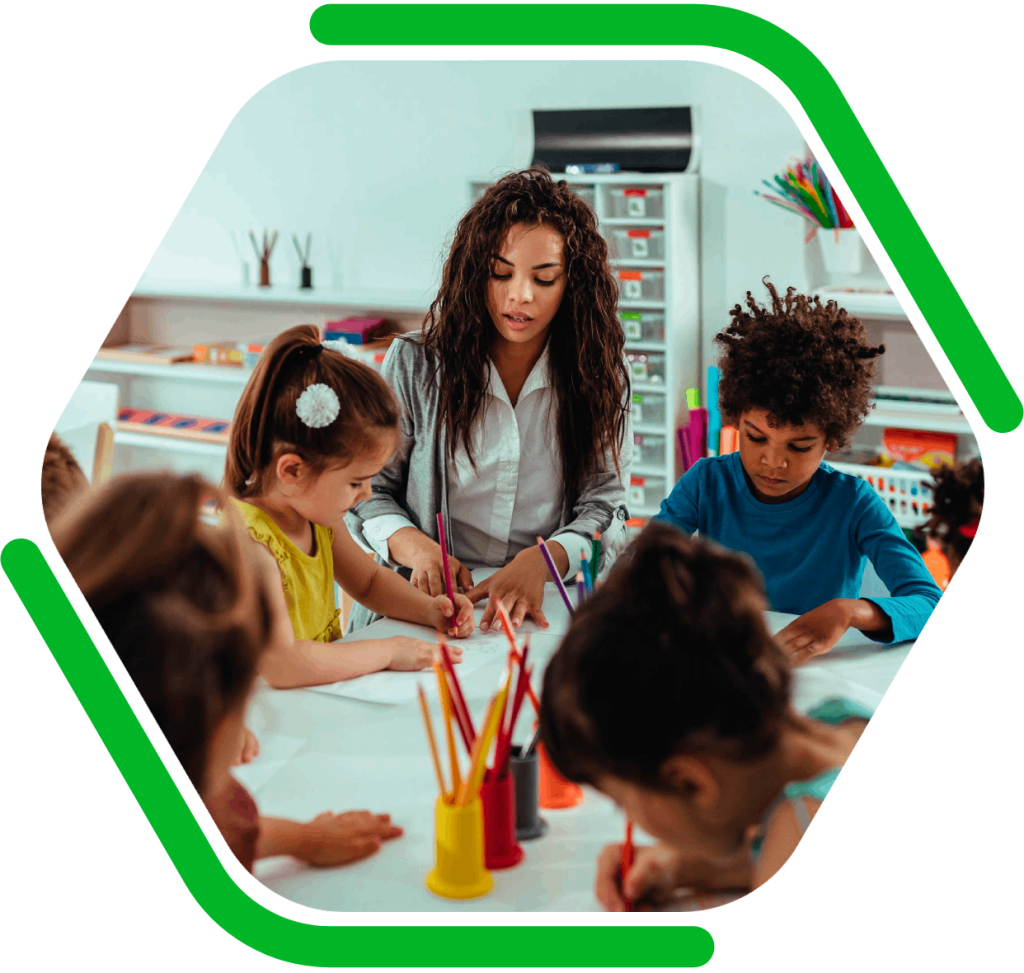
Early Explorers (Newborn – 2 years)
Our Early Explorers programme focuses on creating a safe and loving environment for our youngest learners, encouraging sensory play, exploration, and the development of social connections.
Curious Climbers (2-4 years)
The Curious Climbers programme aims to nurture creativity, independence, and language development through a variety of play-based activities, storytelling, and exploration of the natural world.
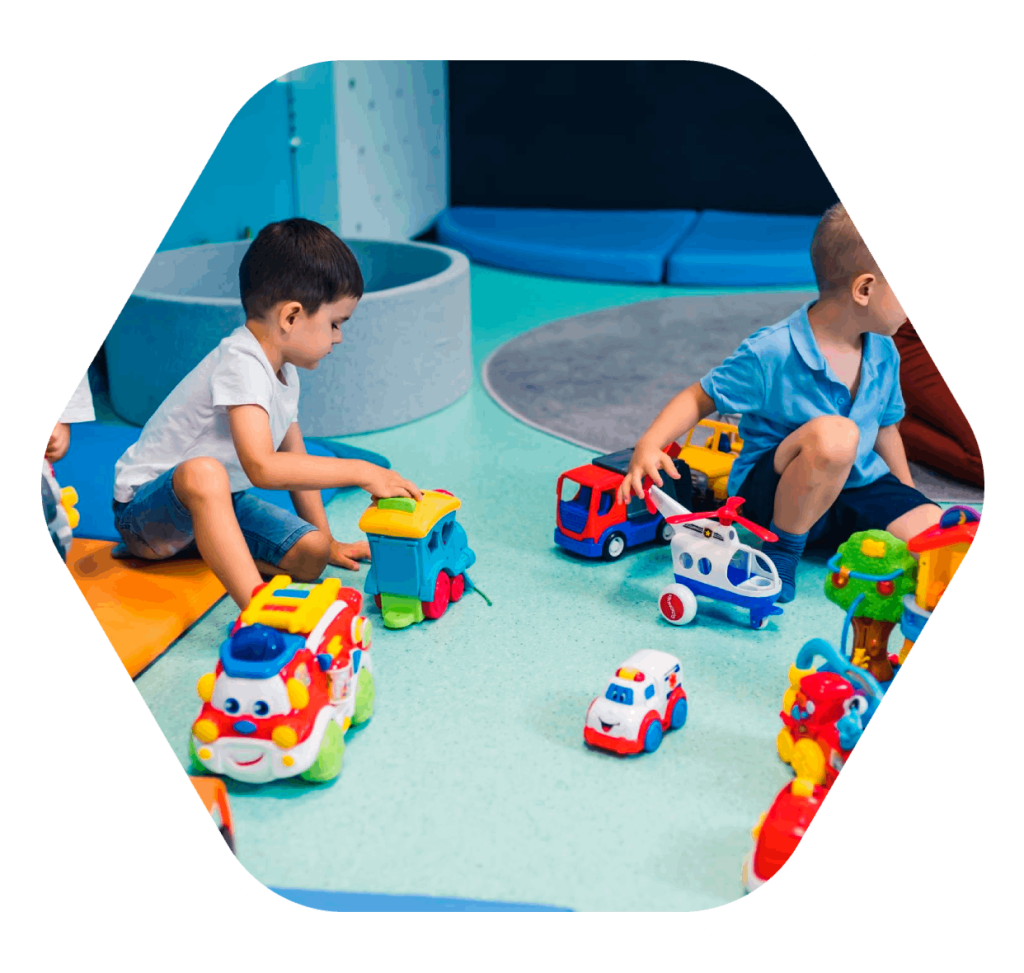

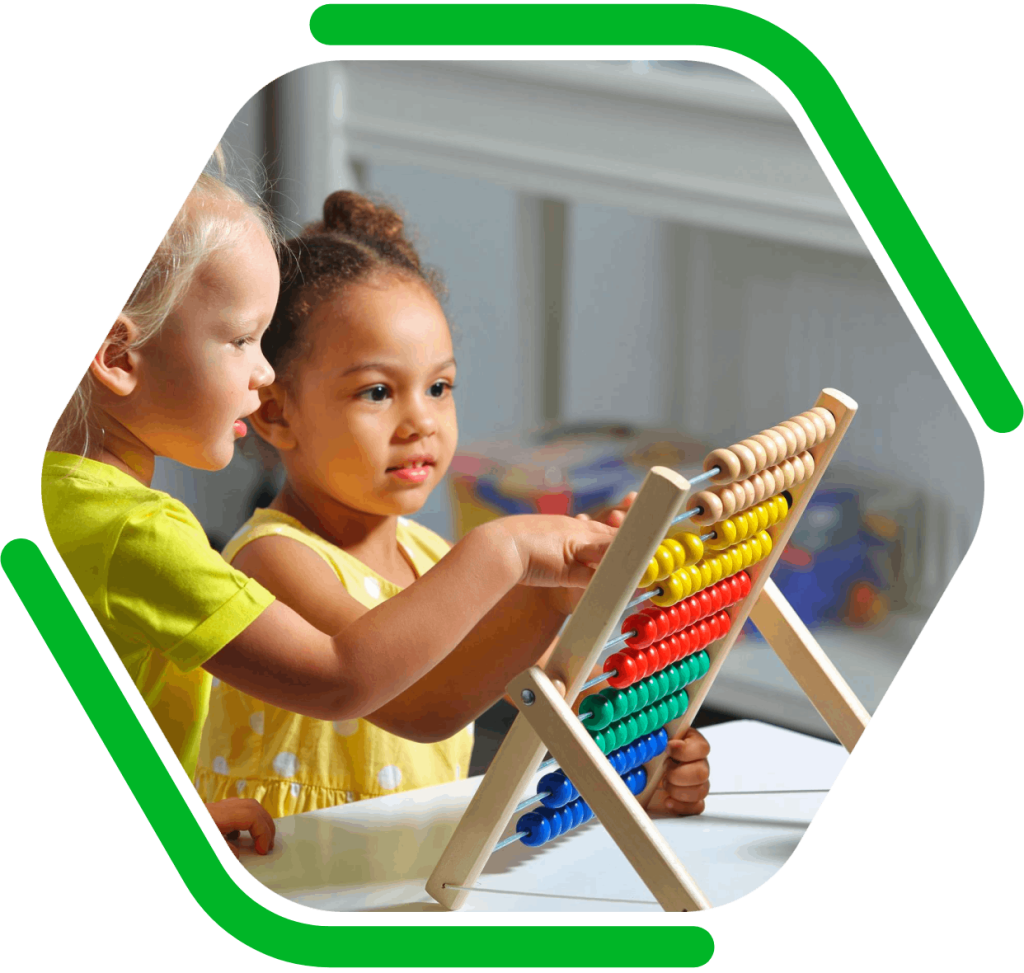
After School Bunch (8-10 years)
Our After School Bunch programme offers a safe and engaging space for older children after school hours, providing homework help, fun activities, and opportunities to socialise with peers.
Adventurous Thinkers (4-8 years)
Designed to prepare children for school, the Adventurous Thinkers programme focuses on literacy, numeracy, problem-solving skills, and social-emotional learning, providing a solid foundation for future learning.
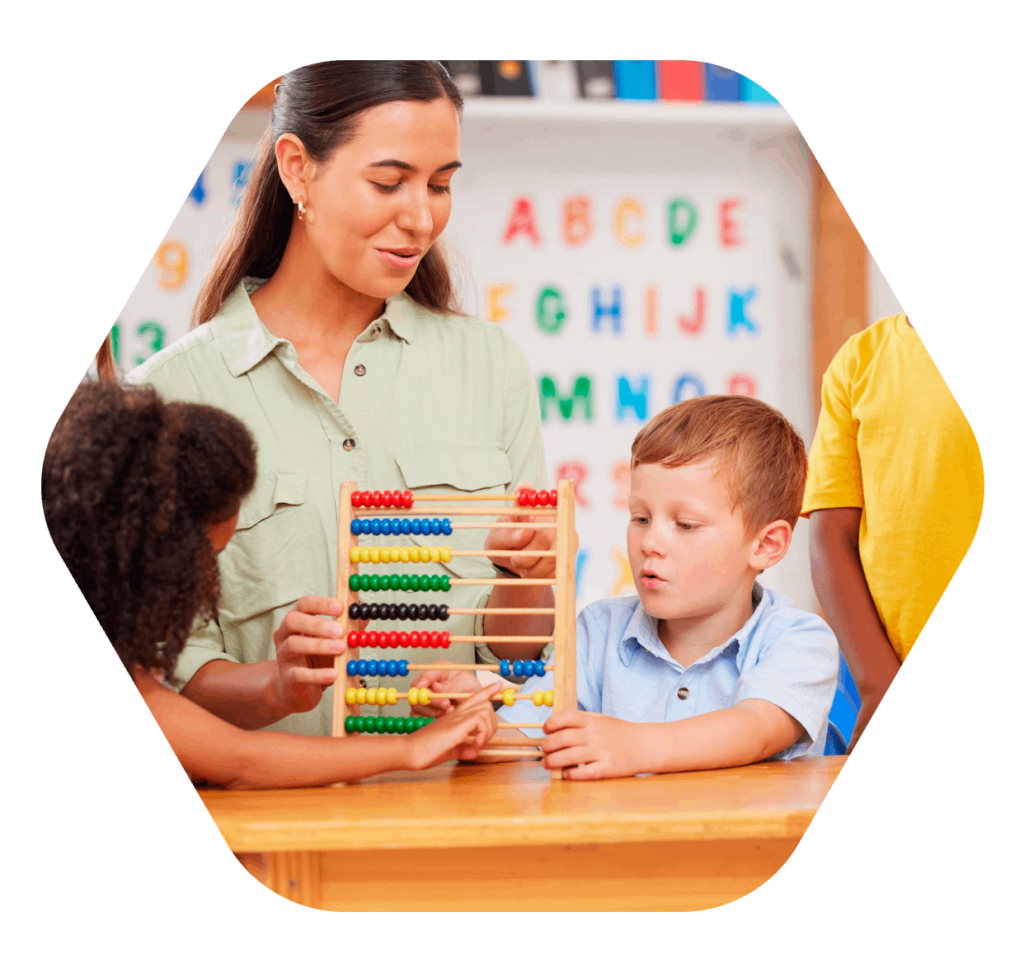
A Day at MayGardens Little Learners (Flexible Guide)
It’s hard to describe a day at MayGardens as there is so much variety of fun activities everyday planned for individual needs of the children, but there are somethings you can expect including a warm welcome to the setting when you arrive to drop your child which follows by settling them in and offering them the activities, they would like to start their day with. Rest of the day children would follow the routine below with flexibility according to their needs:
- 7.30am-8.00am: Practitioners meet & greet parents & children
- 8.00am-8:30am: Breakfast time
- 9.00am-10.00am: Focused activities, child & adult initiated: 7 areas of development, physical play & EYFS Curriculum
- 10:00am-10:15am: Tidy up time / Toileting
- 10.15am-10:30am: Circle time, tell & talk/songs & rhymes/story time
- 10:30am-10:45am: Fruit/Snack Time
- 10:45am-11:00am: Nappy Changing
- 11:00am-11:30am: Outdoor Play, physical exercise, planned free play
- 11.30am-11:45am: Wash & prepare for lunch
- 11.45am-12.30pm: Lunch
- 12:30pm-12:45pm: Toileting / Nappy Changing
- 12:45pm- 1:15pm: Settle children for rest/sleep- older children quiet activities.
- 2:00pm-2:30pm: Circle time, songs/rhymes, story time
- 2.30pm-3:00pm: Free play & child initiated/adult led activities promoting EYFS Curriculum
- 3:00pm-3:15pm: : Wash & prepare for tea
- 3.15pm-3:45pm: Tea Time
- 3:45pm-4:30pm: Outdoor Play, physical exercise, planned free play
- 4:45pm-5:00pm: Nappy changing
- 5:00pm–6:00pm: Start tidying up & free play
- 6:00pm- Prepare for home time/singing rhymes and songs
Settling in and transitions
To feel securely settled and ready to learn, children need to form attachments with the adults who care for them, primarily a key person, but others too. In this way they feel part of a community; they are able to contribute to that community and receive from it. Very young children, especially two- to three-year-olds, approach separation from their parent with anxieties, older children have a more secure understanding of ‘people permanence’ and are able to approach new experiences with confidence; but also need time to adjust and feel secure. It is the entitlement of all children to be settled comfortably into a new environment.
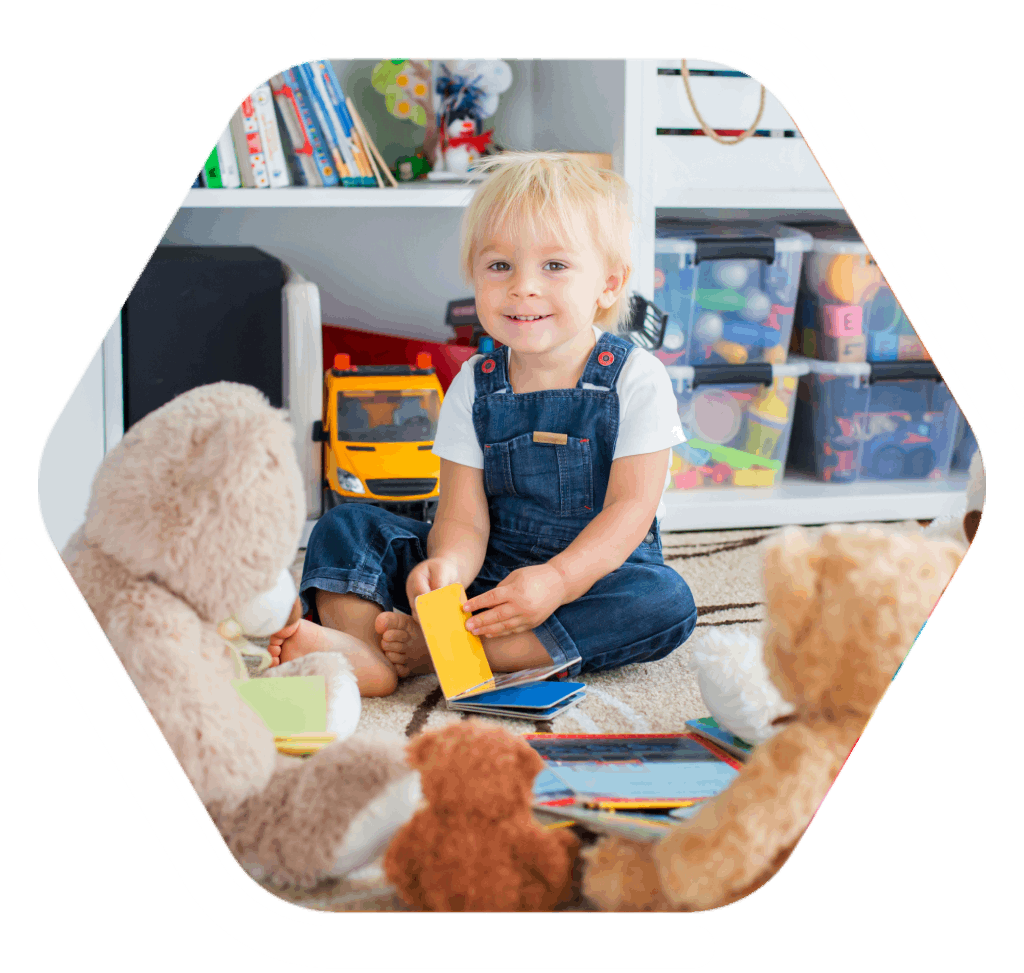
We follow a three-stage model of settling in based on three key needs:
- Proximity – Babies and young children feel safest when a familiar adult, such as a parent, is present when they are getting used to a new carer and new surroundings. In this way they can become confident in engaging with those experiences independently later on.
- Secure base – Because the initial need for proximity of the parent has been met, babies and young children gradually begin to feel secure with a key person in a new surrounding so that they are able to participate independently for small periods of time.
- Dependency – Babies and young children are able to separate from parents’ and main carers when they have formed a secure attachment to their key person who knows and understands them best and on whom they can depend for their needs to be met.
The setting manager and key person explain the need for settling in and agree a plan with the parents. They write this down and both key person and parents keep a copy. Each day they review the plan and agree what will happen the next day.



Healthy Eating
We provide balanced, healthy diet for your child which requires both expertise and imagination. Our menu reflects the guidelines from Eat Better Start Better. We freshly prepare all of our melas at MayGardens Little Learners, ensuring our food is perfect for your child’s growing body and mind. We have a special diet policy that ensures every specific dietary needs is met, to meet each child’s needs. All our food is prepared fresh daily by our qualified chef. We ensure that our food meets the highest standards. We serve breakfast, morning snack, lunch and tea.
| Breakfast | Snack | Tea |
|---|---|---|
| Selection of cereals : Weetabix, shreddies, oatmeal squares, wheat bisks, Farley’s Rusk Porridge with choice of fruits Toast with butter, Jam or honey Crumpets with cheese spread Pancakes with honey and fresh fruits Boiled eggs with tomatoes, wholemeal toast and spread | Seasonal fruits Raisins Cheese strings Milk Corn on the cob/ baby corn Vegetables: carrots, peppers , baby corn, corn on the cob, sugar snap beans cucumbers Rice cakes with raisins Avocado on toast Plain yoghurt with fruit | Veggie pitta pizzas made by children Crackers with cream cheese and cucumbers Breadsticks/carrot sticks with dip Butter and cheese Sandwiches with pepper sticks Potato Waffles and baked beans Home made tomato soup with baguette Beans on toast Fruit loaf and raisins Ciabatta bread and olives Turkey Ham/ cheese oven baked butter croissants Cous-cous salad Quiche with potato salad and pepper sticks Mashed avocado and pita bread |
Lunch
| week | monday | tuesday | wednesday | thursday | friday |
|---|---|---|---|---|---|
| 1 | Home-made Cheesy pasta bake with mixt vegetables Fruit salad | Home-made Kichdi Melon boats | Lentil moussaka with garlic bread and mixed salad Fomaje frais | BBQ chicken or BBQ Quorn pieces with steamed baby potatoes and roast vegetables Fresh berries | Jacket potatoes with tuna/salmon/Cheese/beans Fresh oranges |
| 2 | Sweet and sour vegetables with noodles Berry Medley | Home made stuffed peppers Fruit yoghurts | Home made Cauliflower pasta carbonara Fruit kebabs | Thai chicken curry / Thai Tofu Curry with white rice Custard | Home made fish fingers/ home made Veggie fingers with steamed green beans and baby corn Water melon |
| 3 | Spaghetti with tomato sauce and olives Banana and custard | Home made salmon cakes/ home made veggie burgers with roast potatoes and peas Plain Yoghurt with raspberry puree | Vegetable and red lentil dhansak with brown rice Fresh Berries | Home-made Vegetarian lasagna Greek yoghurt with honey | Chicken sausages /Vegetarian sausages with home-made mash and steamed broccoli Fresh melon |
| 4 | Vegetarian Shepherd’s pie with green beans Watermelon Whole Fruit Popsicles | Vegetables stir fry with noodles Yoghurt tubes | Home made nuggets / Home made veggie fingers with sweet potato fries and cucumber sticks Mix fruit salad | Rice with fresh cod/spinach and peas Custard | Macaroni cheese with fresh tomatoes Fresh pears |
All meat provided is Halal
Key Person System
We use the key person approach to help your children feel individual, cherished and cared for while they are away from home. This approach means that there is one named member of staff to act as the main point of contact for you and your child.
Every child has a key person and a back up key person to promote continuity and consistency in promoting and supporting children’s learning and development.
Your child’s key person can help you and your child by:
- Helping your child settle in when he/she first arrives at our setting.
- Making sure that any questions you have are answered.
- Helping your child with their personal care, for instance changing nappies, going to the toilet, washing hands.
- Observing your child’s play and providing suitable resources and activities.
- Keeping up-to-date records about your child’s learning and sharing these with you.
- Encouraging your child to develop independent skills, such as putting on their own shoes/coat.
- Letting you know what your child has enjoyed doing each day!
If you have any questions about the key person approach, or about how it will help your child, our team will be happy to answer and help you understand.

Safeguarding children, young people and vulnerable adults
We are committed to safeguarding children, young people and vulnerable adults and will do this by putting young people and vulnerable adult’s right to be ‘strong, resilient and listened to ‘at the heart of all our activities.
The Early Years Alliance ‘three key commitments’ are broad statements against which policies and procedures across the organisation will be drawn to provide a consistent and coherent strategy for safeguarding children young people and vulnerable adults in all services provided. The three key commitments are:
- The Alliance is committed to building ‘a culture of safety’ in which children, young people and vulnerable adults are protected from abuse and harm in all areas of its service delivery.
- The Alliance is committed to responding promptly and appropriately to all incidents or concerns of abuse that may occur and to work with statutory agencies in accordance with the procedures that are set down in ‘What to do if you are worried a child is being abused’ (HMG 2015) and ‘No Secrets (updated by the Care Act 2014) and Working Together 2018.
- The Alliance is committed to promoting awareness of child abuse issues throughout its training and learning programmes for adults. It is also committed to empowering children, young people, and vulnerable adults, through its curriculum, promoting their right to be ‘strong, resilient and listened to’.
NB: A ‘young person’ is defined as 16–19-year-old. In an early years setting, they may be a student, worker, or parent.
A ‘vulnerable adult’ (see guidance to the Care Act 2014) as: ‘a person aged 18 years or over, who is in receipt of or may need community care services by reason of ‘mental or other disability, age or illness and who is or may be unable to take care of him or herself, or unable to protect him or herself against significant harm or exploitation’. In early years, this person may be a service user, parent of a service user, or a volunteer.
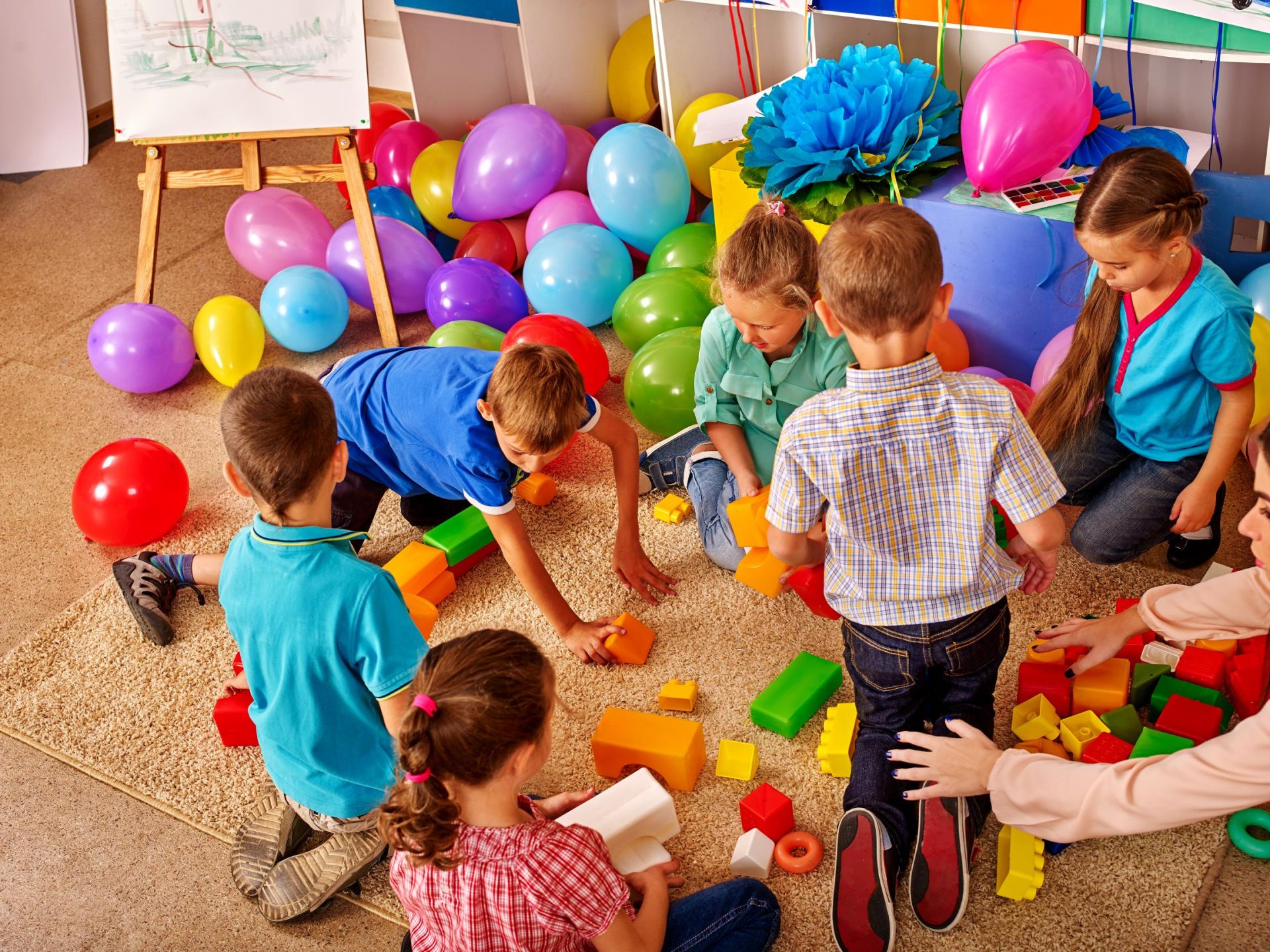
Enroll your child today and give them the best start at Maygardens Little Learners!
@2024 Maygardens Little Learners
